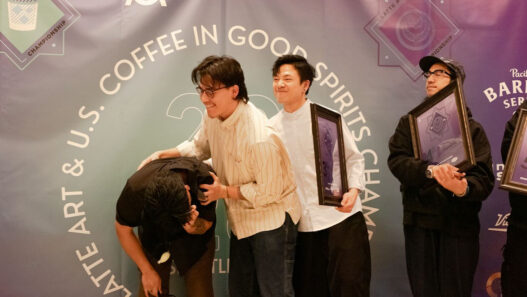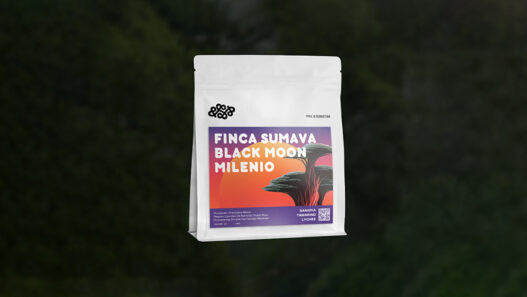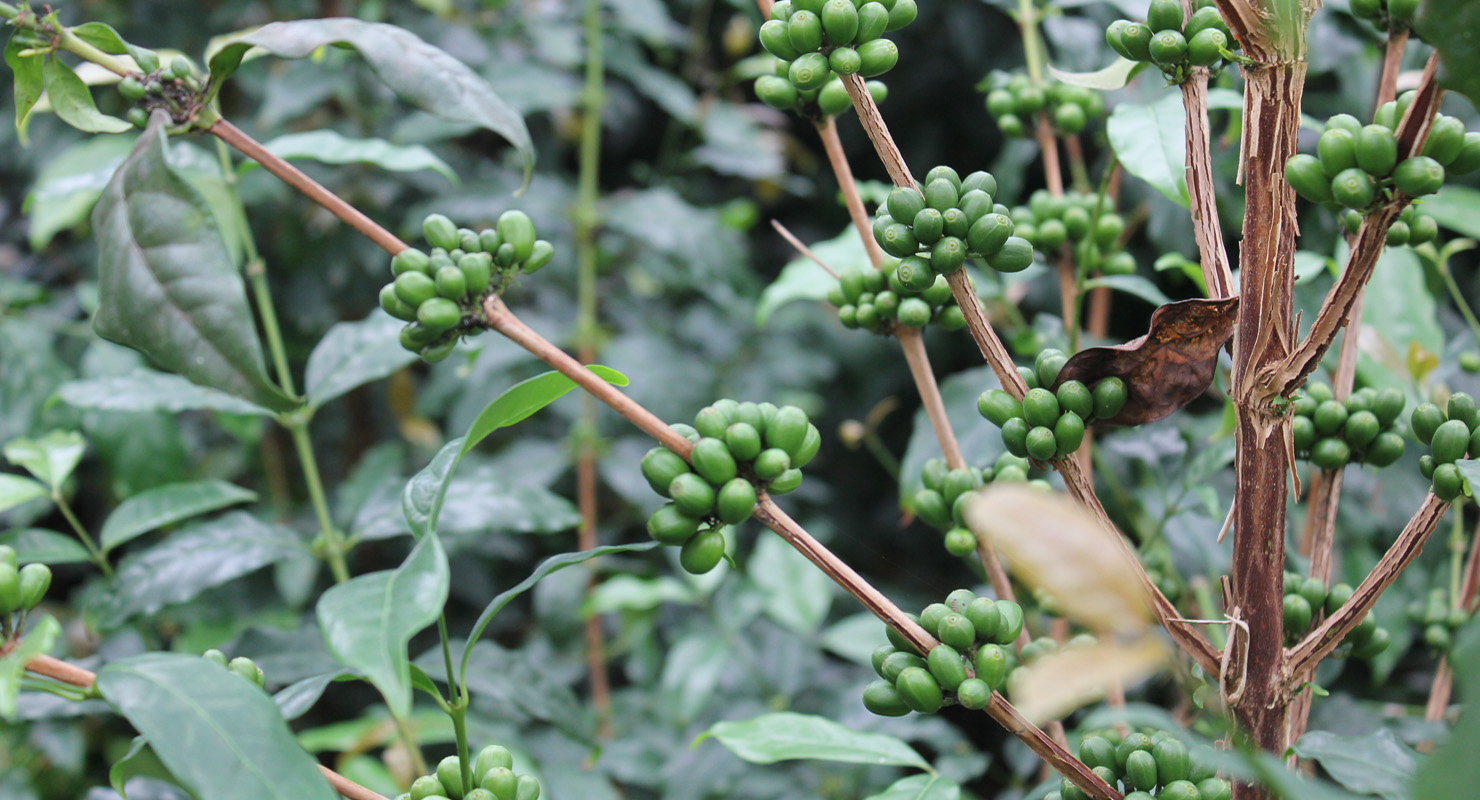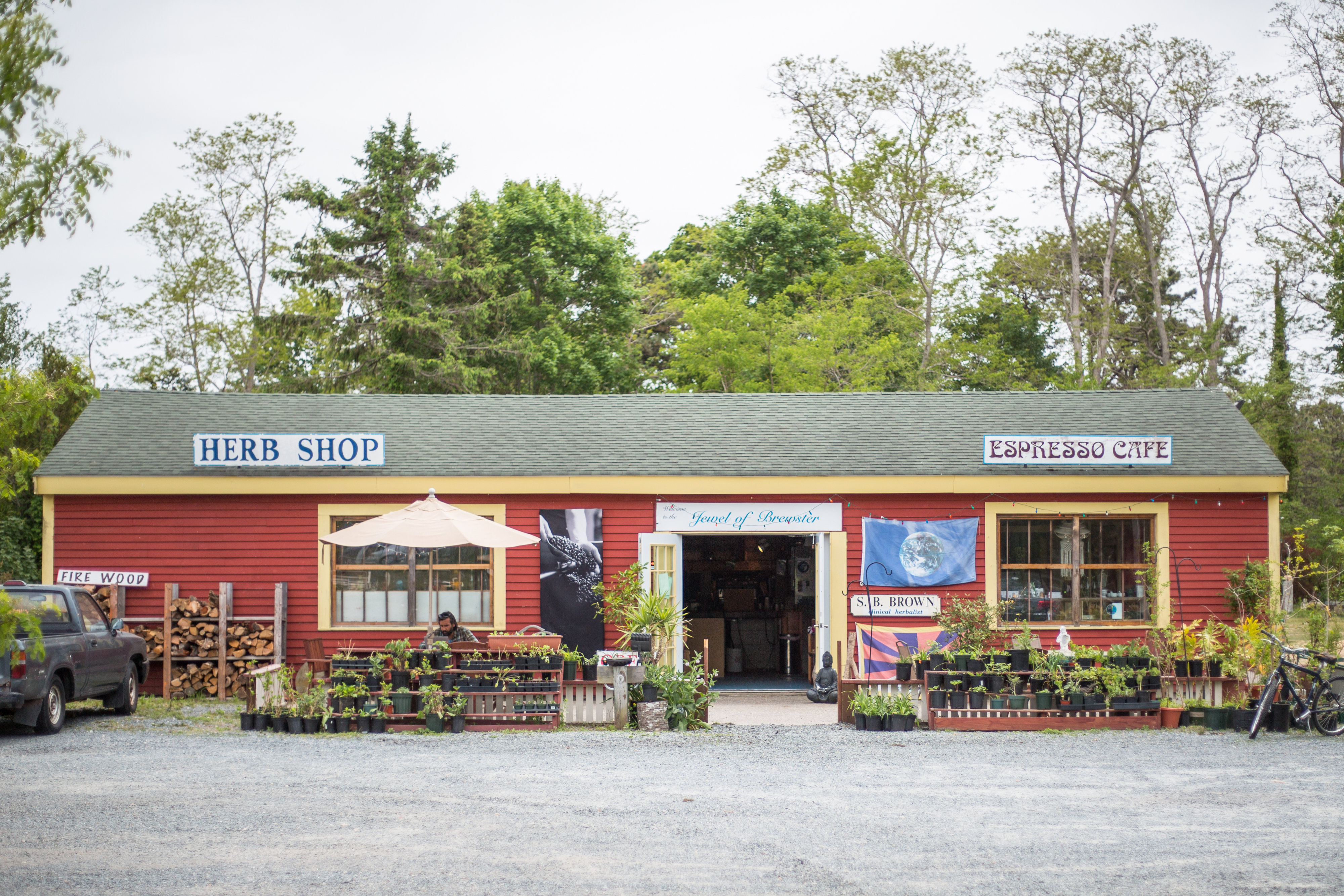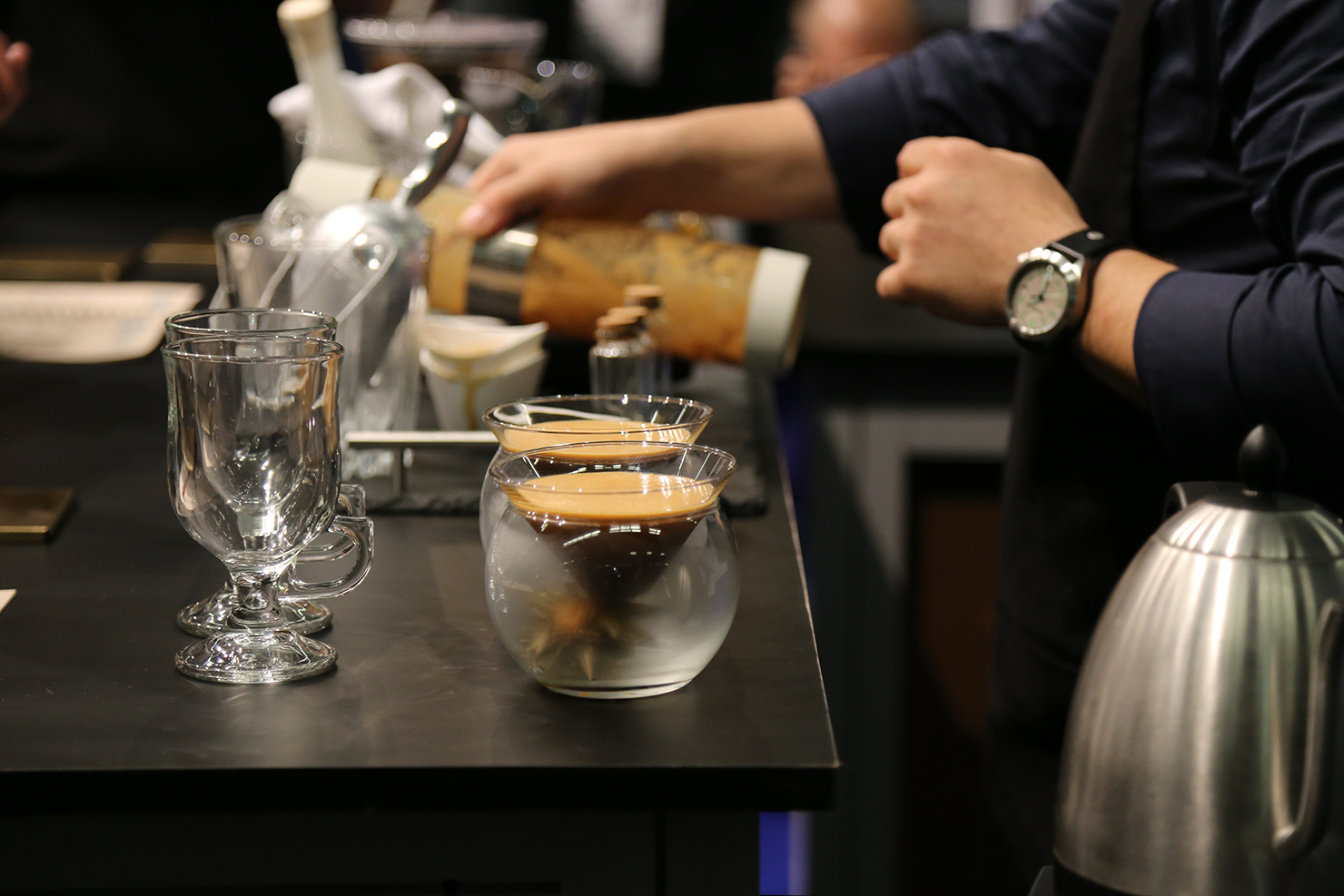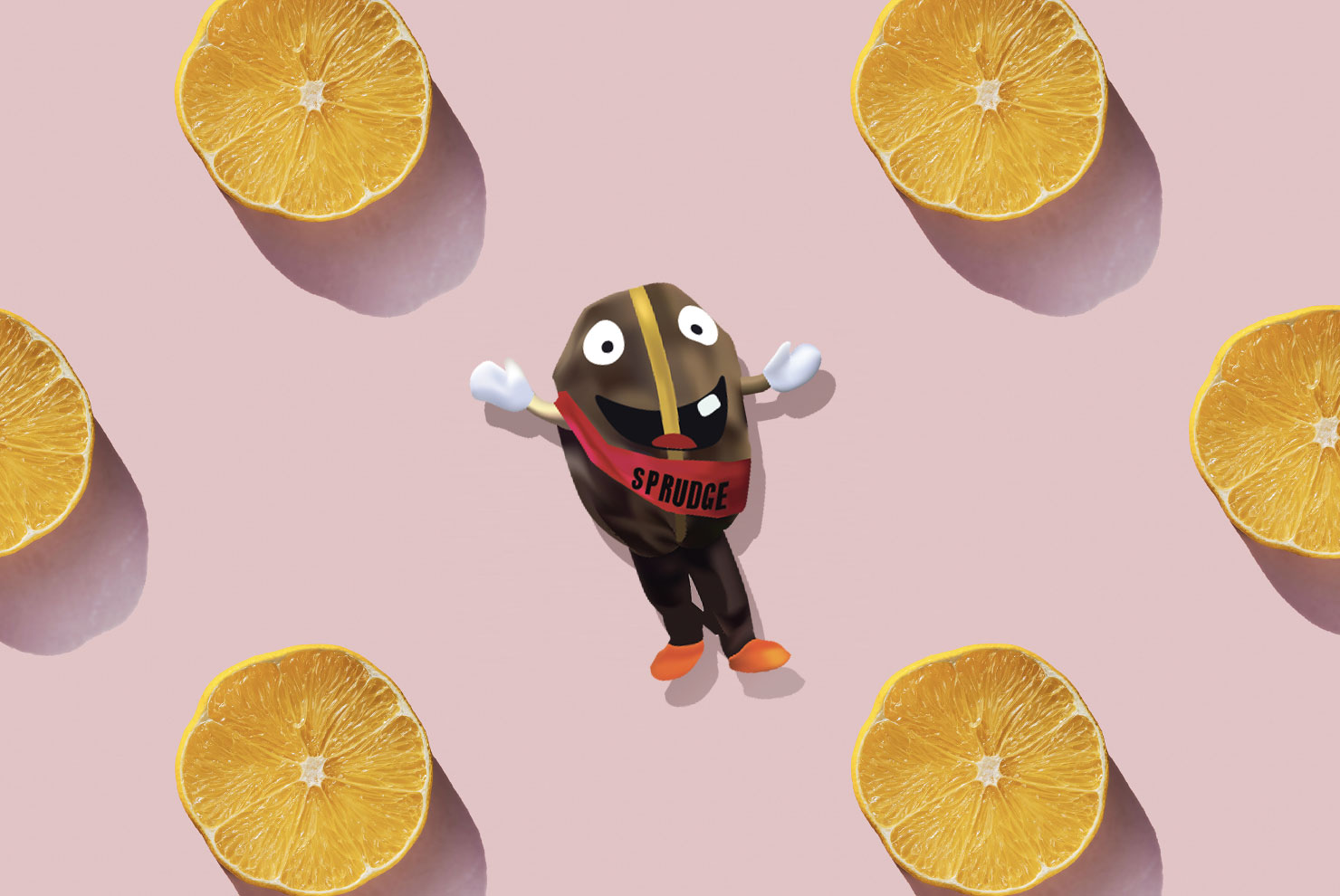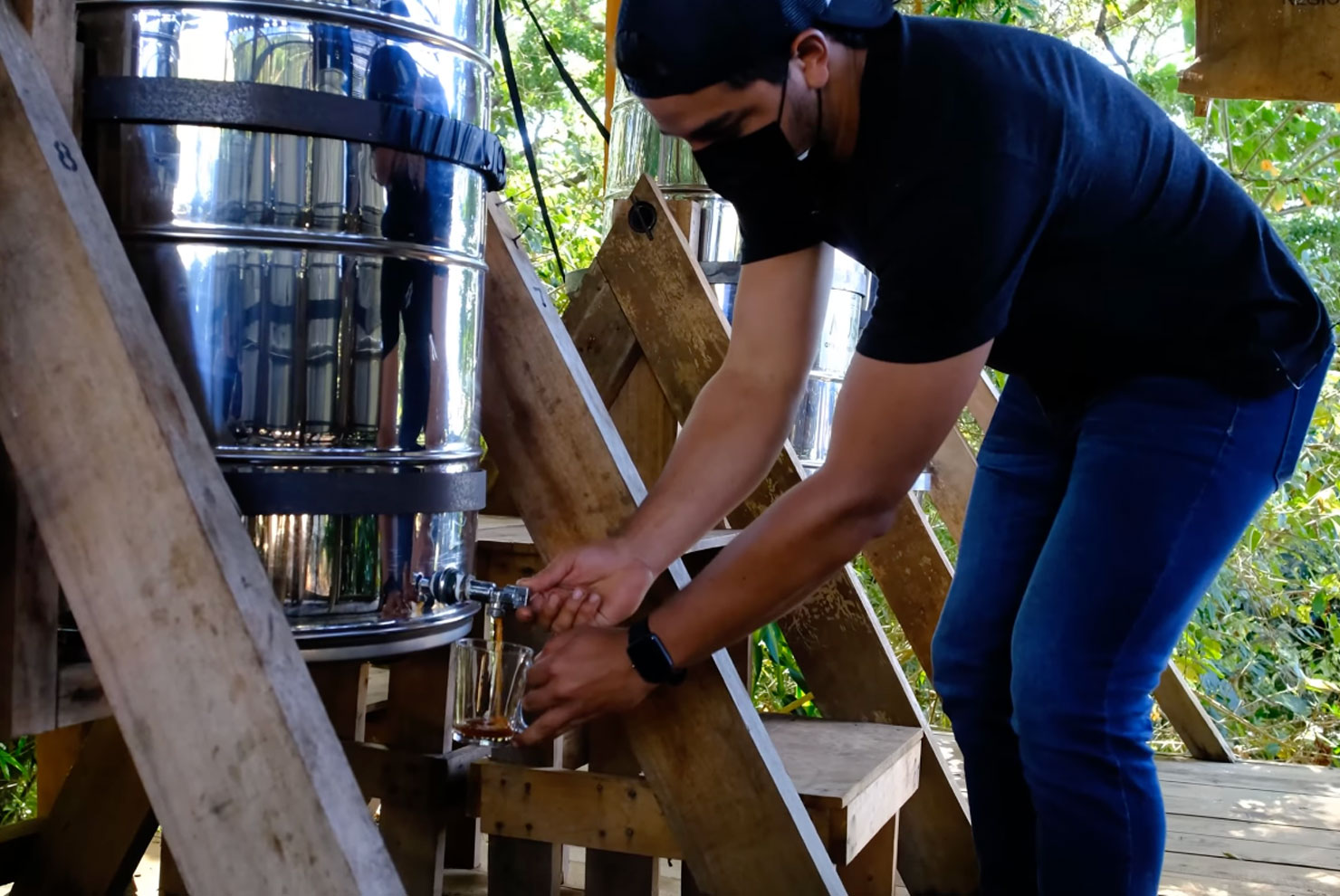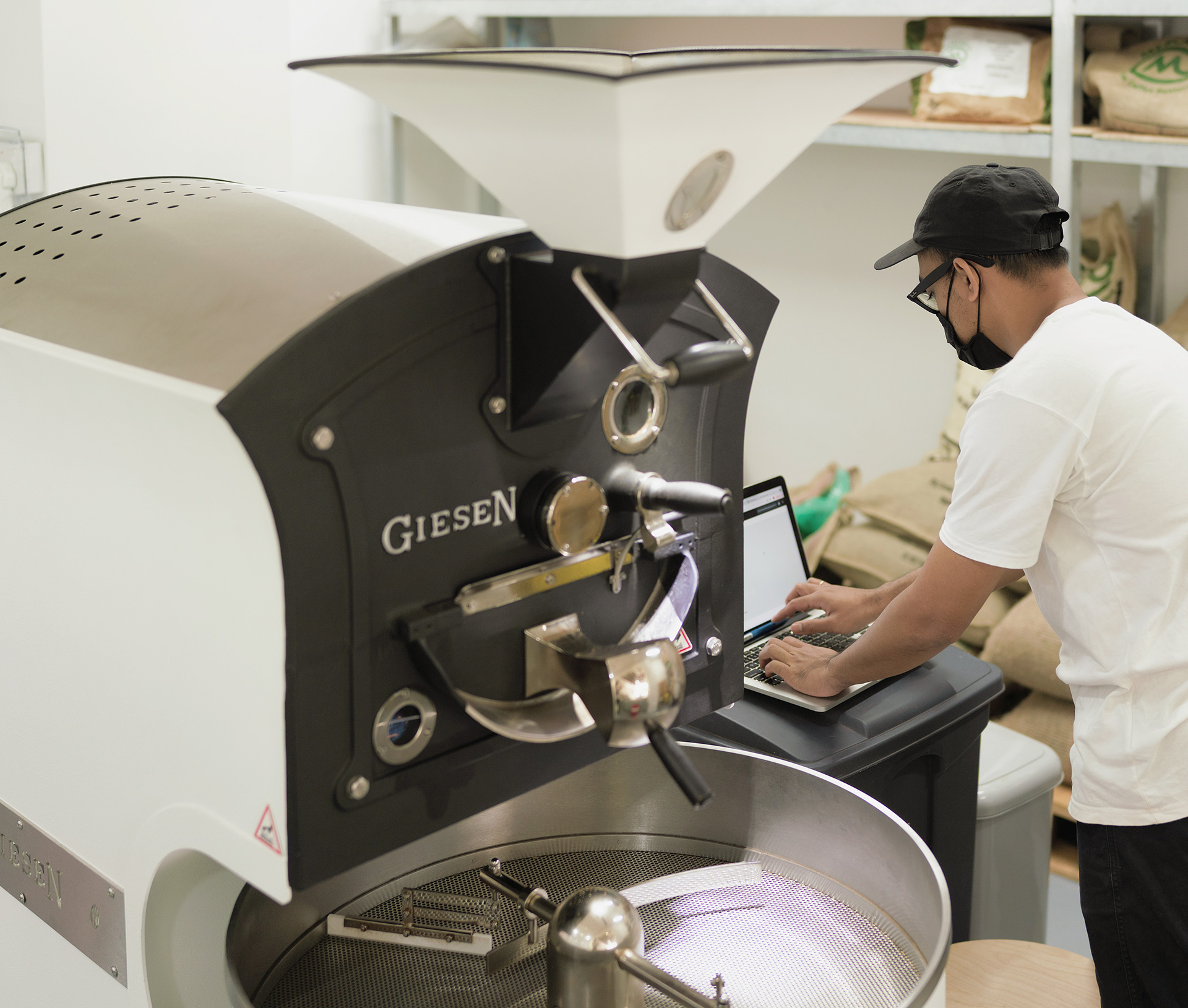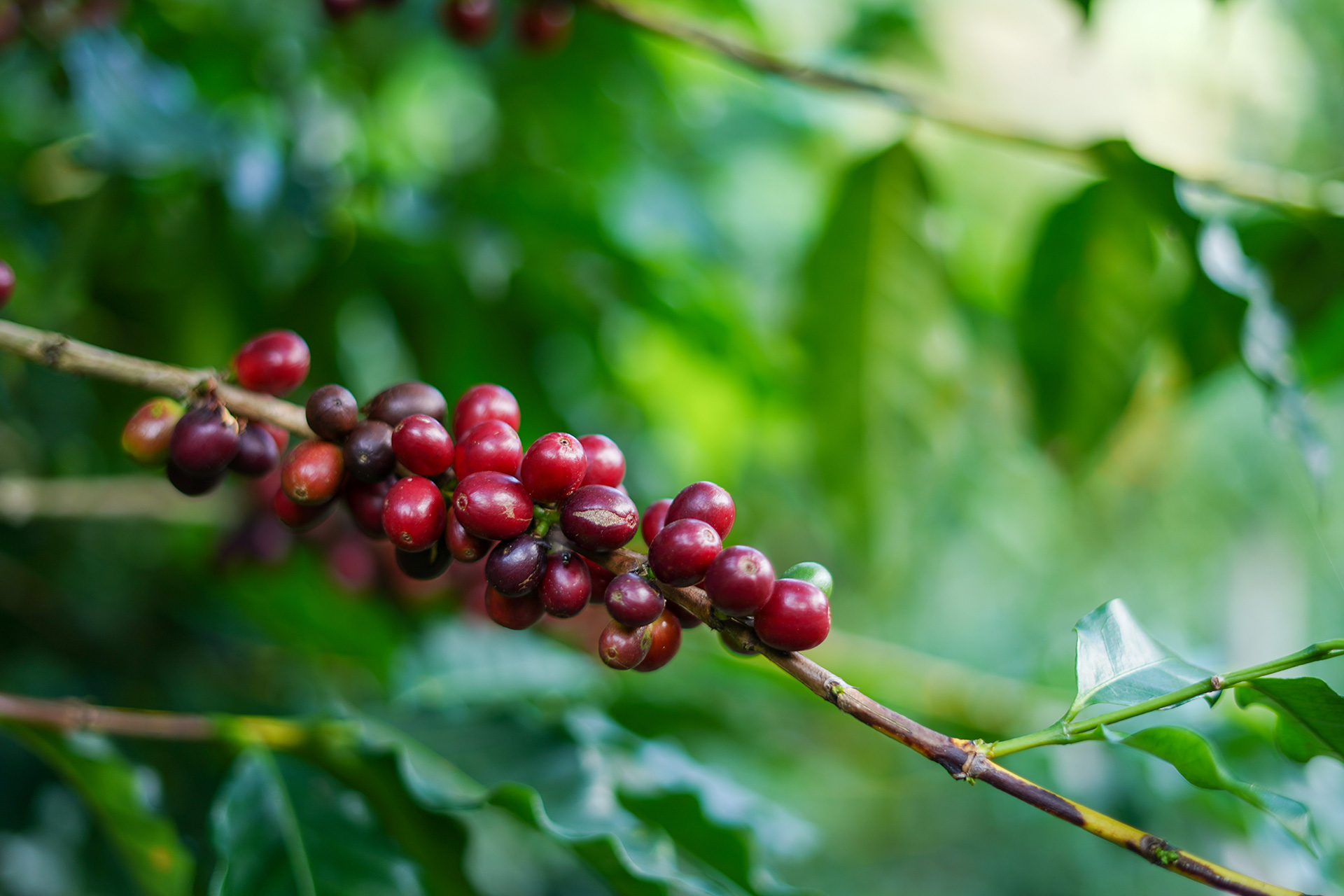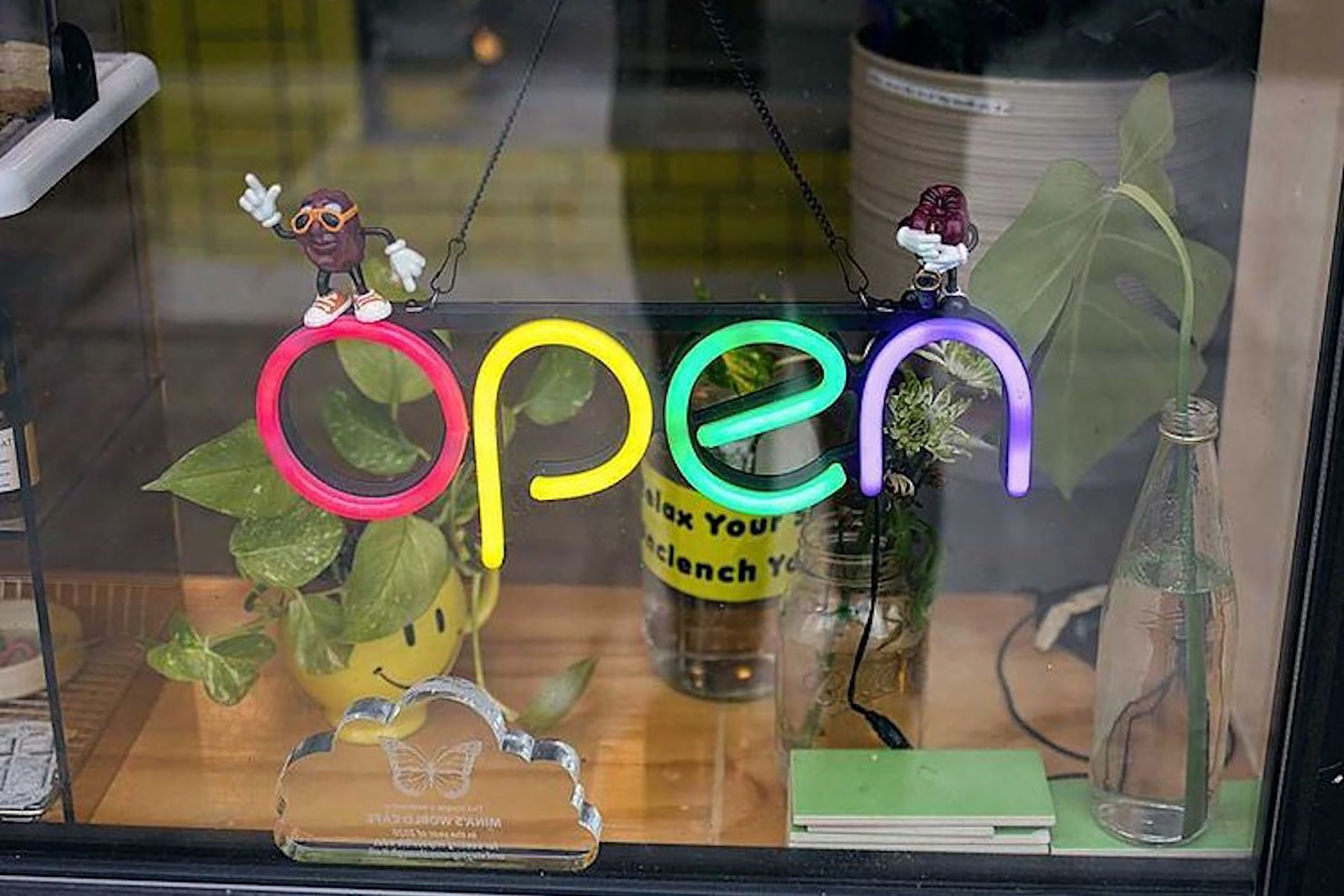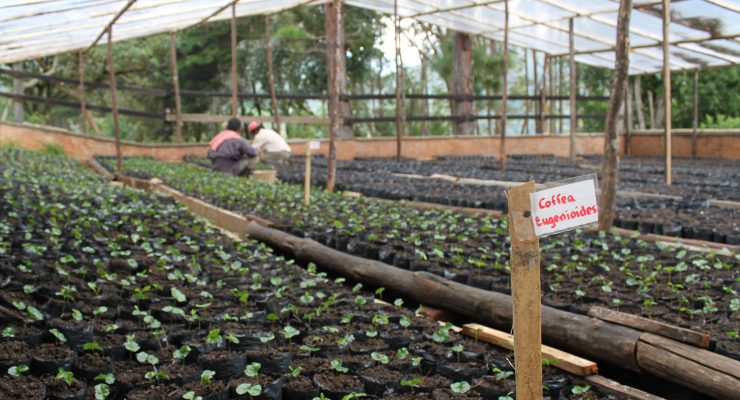
Have you ever had a coffee that tasted more like cereal milk than coffee? How about peach flavor Crystal Light? Sesame snaps? Have you ever had a coffee that didn’t really taste like coffee? You might, one day, if Colombian coffee producer Camilo Merizalde has his way.
Merizalde’s coffees have already seen some recent attention in these pages. Along with his lifelong friends and longtime business partners, Julian, Andres, and Santiago Holguin, Merizalde has been innovating on their farms Finca Inmaculada, Finca Monserrat, and Finca Las Nubes in the Colombian municipality of Cali. Finca Las Nubes is home to 2015 World Barista Champion Sasa Sestic‘s competition-winning coffee, a Sudan Rume variety that Sestic had processed using a washed carbonic maceration method adapted from the world of wine. A scant few miles away from Las Nubes, however, lie Finca Inmaculada’s smaller plots of land—home, as it happens, to the truly unusual tasting Eugenioides species of coffee.
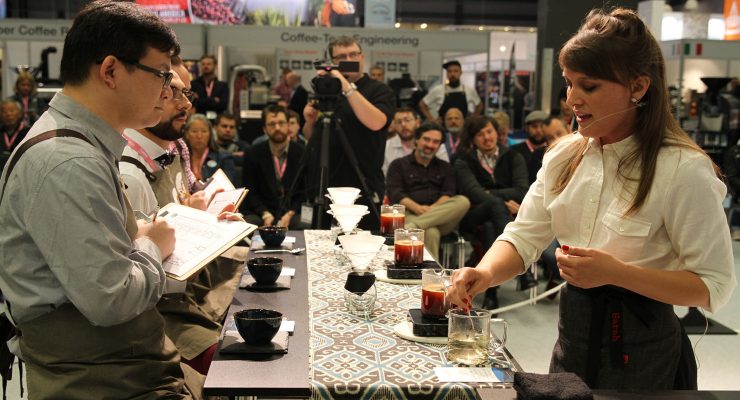
Having already stormed the World Barista Championship stage in Seattle, not two months later would another of the Merizalde/Holguin coffees see an international spotlight, this time at the 2015 World Brewer’s Cup competition in Gothenburg, Sweden. United States Brewer’s Cup Champion Sarah Anderson made a nearly game-time decision to change from a more traditional coffee (she competed with Intelligentsia’s Finca Takesi Geisha at the national competition in Long Beach, CA) to something truly unusual. In preparing for the international competition, Intelligentsia’s Vice-President of Coffee, Geoff Watts, set out a cupping table with some potential coffees for Anderson to take to the world level. Some of the choices on the table were a little unusual.
“I seriously thought it was a joke,” said Anderson of her first taste of Eugenioides, which is not a coffee variety like Bourbon or Caturra, but rather a distinct parent species to Coffea Arabica. “It was our last cupping with Geoff before he moved [back] to Chicago, so we were all joking the week before that he was going to play some joke on us, make an entire cupping of all the same coffee, do something to mess with us. So I honestly thought that he put sugar in [the Eugenioides cup]. I thought, he’s messing with us.”
Though Anderson did not take home the World Brewer’s Cup title, currently held by Norway’s Odd-Steinar Tøllefsen, the rise of her unusual coffee to an international spotlight was a victory of its own.
“The Brewers Cup was the perfect stage to present this coffee as opposed to a blind cupping,” said Anderson of her choice to showcase Eugenioides in her routine. She noted that Eugenioides is almost completely absent of the citric acidity we’re used to in Arabica coffees, leaning towards a softer, more mallic bent.
“The more you taste this coffee, the more you love it,” said Anderson. “It has a really low caffeine content, so I haven’t tried a bitter cup of this coffee. It’s so sweet and easy to drink, and has a completely unique flavor—that sweetness combined with knowing you’re tasting something unique makes it better.”
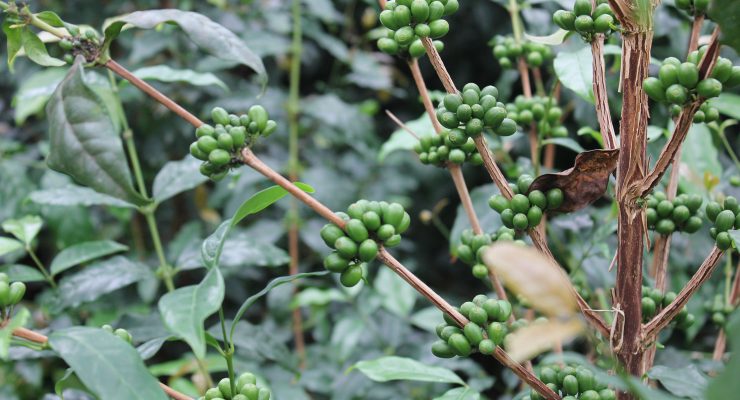
Watts, who has been compiling an absolutely bonkers list of Eugenioides flavor descriptors over the course of his close work with Finca Inmaculada and Merizalde in the past year, agrees.
“If I were to attempt to describe what makes Eugenioides so compelling and unusual, I’d focus on how demonstrably—almost inconceivably—sweet it is, the almost complete lack of citric acidity, and the presence of so many fascinating tea-like flavors that have a definite savory quality to them,” he says.
And what’s on that list of flavor notes? Tasters from Colombia, Chicago, Los Angeles, Copenhagen, and Sweden have detected flavors including but not at all limited to: genmaicha tea, purple yam ice cream, rose milk, brown butter, marshmallow, jabuticaba, Sugar Smacks cereal, lychee, popcorn, basil, sweet tea, jackfruit, cream, and raisin bran. I know what you’re thinking: I have got to try this.
For now, Eugenioides remains a relatively rare bird, though Merizalde and Watts both have high hopes for its future. It’s an extraordinary story for a coffee Merizalde and the Holguins essentially rescued from the dumpster of a genetics lab. The beguiling coffee—which incidentally has about half the caffeine content of your average Arabica bean—is, unfortunately, rather hard to grow. For one, it’s a smaller plant than Arabica. And it fruits less. And the beans are smaller. The childhood friends and farmers have had some better luck by greenhousing 5,000 Eugenioides plants on Finca Inmaculada, which are now a little over three years old. (For perspective, even greenhoused, these trees still produce only about 320 grams of green coffee per tree per year.)
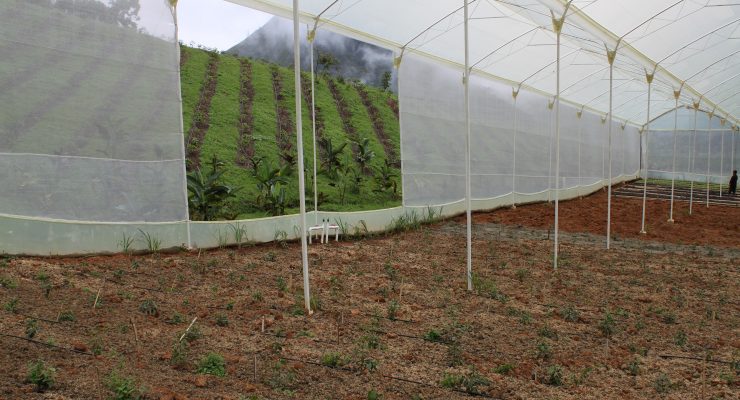
Though the Merizalde/Holguin team continues to refine their cultivation of Eugenioides—as well as other rare varieties like Laurina, Maragesha, and Sudan Rume—Merizalde is just thrilled that it’s gotten the attention it has already. A cross-country Eugenioides “roadshow” of the United States is in the planning stages later in 2015, in conjunction with Watts and Intelligentsia. That level of exposure, along with the recognition this coffee and Sudan Rume have earned on the national stage, is incredibly meaningful at the farm level, particularly in terms of future development.
“Jumping into these competitions and only having won the [World Barista Championship] a month before that, it’s really gratifying for me and for everyone on the team that I work with,” says Merizalde.
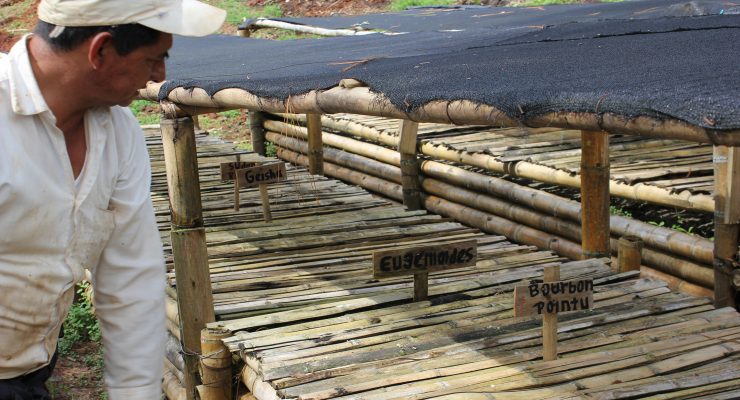
“And especially with these coffees, having a good friend of mine trusting me and putting in financial resources and building these new farms, it’s really gratifying for me,” he continued, speaking of his longstanding relationship with Watts.
And as for the roadshow, where you’ll hopefully soon be able to taste Eugenioides in a hockey arena or coffee shop somewhere near you? The team plans to visit a lot of cities: “It’s going to be like a concert tour,” said Merizalde hopefully. “The idea is to have like a really big event, like we always say with Geoff—we will have a lot of fun.”
Liz Clayton is the associate editor at Sprudge.com, based in Brooklyn. Read more Liz Clayton on Sprudge.
Farm photos courtesy of Camilo Merizalde.




